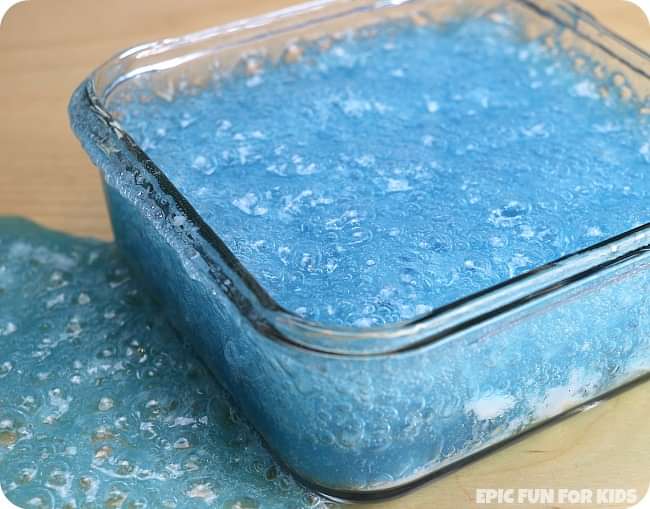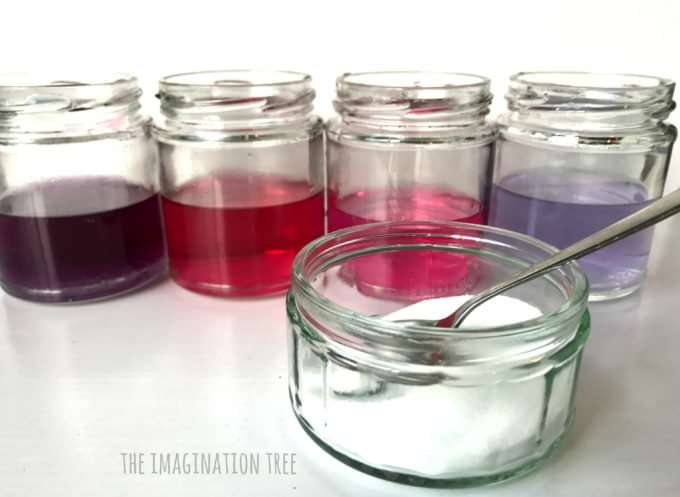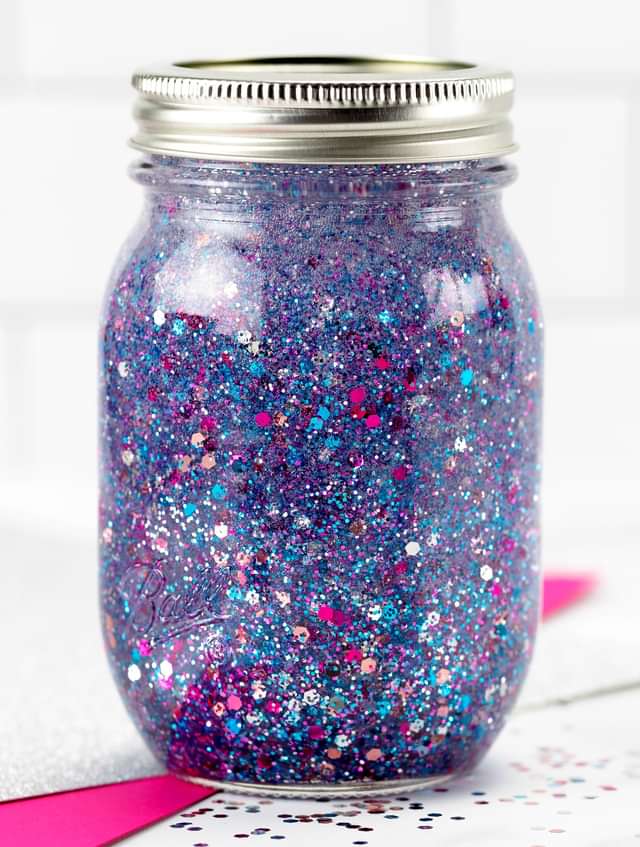
7 Magic Potion Recipes That'll Charm Your Kids
These magic potion recipes combine simple ingredients to create some pretty cool effects! Try them for hands-on science lessons, as fun things to do for Halloween, or for Harry Potter fans who want to learn how to make a potion in real life.
Have a favorite DIY potion you've made at home with your kids? Please submit the recipe to the list and share your tips with fellow parents!
Elephant Toothpaste Science Experiment
This is a cool science experiment where soap traps oxygen gas to create an expanding colorful foam. Don't skip the food coloring!
Alka Seltzer Lava Lamp
Shila said: This easy science experiment for kids is a groovy lesson in density and polarity. You can save your lava lamp potion and reactivate it by adding more Alka Seltzer tablets!
Skittles Rainbow in a Glass Experiment
Shila said: This cool science experiment is a lesson in density! Kids use Skittles and water to create colorful layers with different densities.
 epicfunforkids.com
epicfunforkids.com
Bubbling Slime
Kelly R said: Even if slime is already on your regular rotation of crafty DIY projects, try this cool version that looks like a bubbling magic potion! From Epic Fun for Kids
 theimaginationtree.com
theimaginationtree.com
Magic Colour Changing Potions
Kelly R said: Red cabbage is the magical ingredient in this cool science potion, which changes color when baking soda or vinegar is added. This would be a fun experiment for potions class at a Harry Potter themed birthday party! From The Imagination Tree
 firefliesandmudpies.com
firefliesandmudpies.com
Glitter Jars
Kelly R said: This glittery potion would make a fun party activity that doubles as a favor to take home! From Fireflies & Mud Pies
Rainbow Wizard's Brew
Kelly R said: Add dish soap to the classic baking soda & vinegar reaction for a nice and bubbly DIY potion that kids can color like a rainbow. From Babble Dabble Do
Primary photo: MART PRODUCTION on Pexels
Upparent collects community-submitted recommendations and reviews, and any ideas that are shared reflect the opinions of individual contributors.



